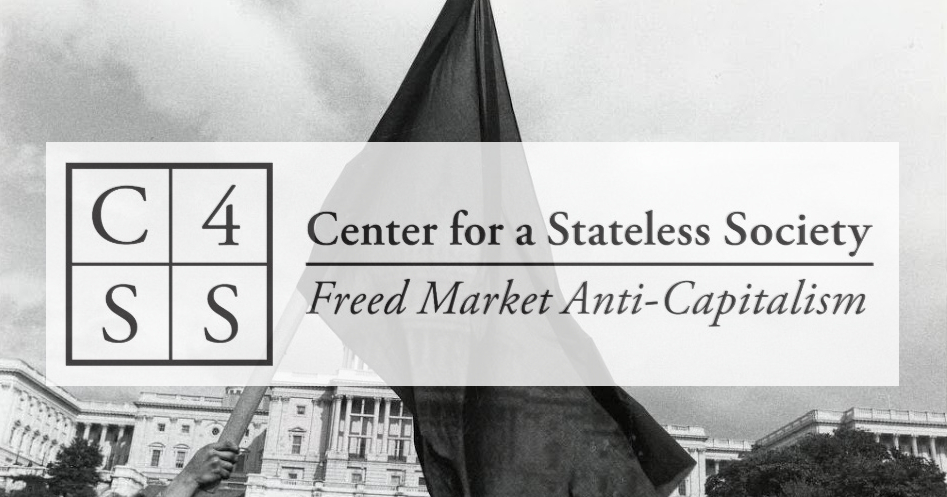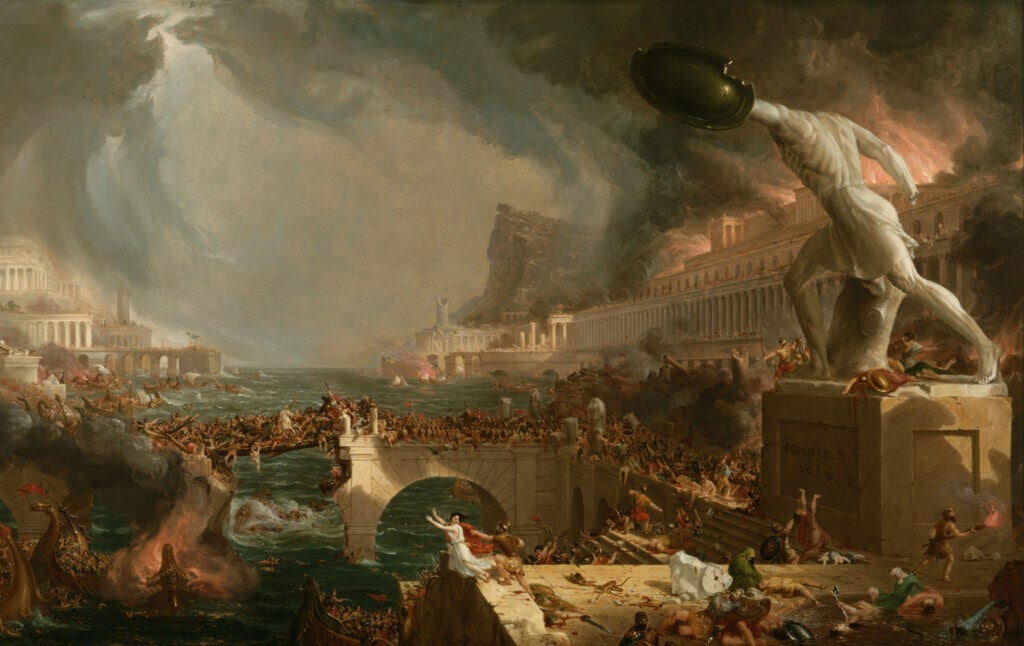Poe’s Law strikes again!
cacheson 💤
- 18 Posts
- 124 Comments
.22lr is a common, low-powered round that can be lethal, but is not quickly or reliably so. For self defense, you want something that will incapacitate your assailant as quickly and reliably as possible. 9mm is usually considered the “sweet spot” for using a handgun to defend against human assailants.
It’s bad when a gun doesn’t fire when you pull the trigger, but it’s FAR WORSE when a gun does fire when you don’t pull the trigger. Taurus semi-automatic handguns sometimes fall into the latter category.
The worst I’ve heard about Hi-Point guns is that they’re unergonomic. They’re probably the “best of bad options”, but I don’t have any direct experience with them.
You’re not entirely wrong, since in theory these guns can fire and can kill.
However, it should be noted that it’s very dangerous to carry a gun that you can’t or won’t fire, for the purpose of brandishing it. If you encounter someone else that has a gun, brandishing a gun yourself is likely to prompt them to shoot you (and gives them legal cover), when they might not have otherwise done so.
The downvoters love Windows 11
It is definitely a show where some stuff happens.

 3·4 days ago
3·4 days agoI’m with you in sentiment, but is this advice based on experience, or conjecture?
If the former, can you elaborate on your experience with open carrying at protests?

 4·5 days ago
4·5 days agoThe cat can have a little mouse pointer. As a treat.
I can’t agree. It’s the lower authorities submitting to the higher authority. That happens.
Nah. The US hasn’t been able to force Russia to stop their invasion of Ukraine, nor stop them from playing fuck-fuck games all over the rest of the world. And China is almost certainly stronger than Russia is. They both joined the internet because they wanted to, not because they were forced.
A small group of authorities is close to one. In fact none are monolithic.
Oh, they’ll just choose to cooperate and act like a single central authority? Without a preexisting central authority forcing them to? 🤔
Yep. They want to enjoy the benefits of the collaborative effort. They are capable of maintaining their own separate network, but instead they chose to connect and put a ton of resources into managing the internet activities of their citizens. Knowledge of how to bypass those restrictions is apparently pretty widespread though.
Interestingly, North Korea does maintain it’s own separate, fake internet. They manually copy approved sites over from the real internet, and heavily monitor usage.
The Internet is not an example of anarchy, of course. It’s nothing without its backbone cables built with participation of governments and enormous corporations and treated as strategic assets. It’s no more anarchist than sea ports. There was a sprinkle of anarchy there in its transient years from an elitarian scientific thing to a common medium. That was not stable. Nothing anarchist can be stable in a system of dominating hierarchy.
I admit it was easy to buy into this fairy tale when I was a kid. In 2006 it seemed that the humanity is one step from becoming free and, well, humane.
You’re missing the point of the example. I’m not pushing techno-libertarian utopianism here. I’m not even talking about what the internet does, I’m talking about what it is: A globe-spanning megaproject that connects (nearly?) every country, and is used by a full 2/3rds of existing humans. And it was made without a supreme central authority forcing everyone to cooperate in its creation and maintenance. ARPANET was created by the US, but no one forced the Russians or the Chinese to adopt the IP protocol on their computers and connect to their neighbors.
This is important because a super common anti-anarchist talking point is that people won’t cooperate (at least not at scale) unless an overarching authority forces them to. The existence of the internet demolishes that argument. It would be fundamentally impossible if that talking point were true.
The empirical evidence that we have available seems to indicate that anarchy is viable if people are either accustomed to it, or otherwise actively want it. This prevents a power vacuum, because people aren’t seeking a ruler to guide them. In situations involving governmental collapse or some other rupturing of the social order, people are expecting that guidance and not receiving it. This allows a new, usually more violent authority to step in and take control. Obviously we want to avoid that.
Note that the examples we have of semi-anarchistic societies aren’t perfect examples of what we want. Some only lasted a short time, or were small scale, or had some other flaws. They do serve to illustrate parts of anarchist theory, though. There are also various projects that do the same. The internet is one major example; a global information network used by 2/3rds of the world’s population, but without a world government to create and manage it.
We have yet to see a large-scale, long-lived attempt to fully apply modern anarchism. At least part of the reason for this is that the left got intellectually derailed by Marxism and its derivatives for about a century. Prior to that, anarchism had been rising in popularity. We’ve been growing again for the last few decades, so we’ll see what the future holds.

 9·8 days ago
9·8 days agoCan’t argue with that.

 61·10 days ago
61·10 days agoFor example, a thief steals a loaf of bread and the owner of the store can gather a mob to lynch a thief. Anarchy has the great potential to administer unproportional justice.
You shouldn’t come into an anarchist community and start answering questions about anarchism when you clearly haven’t done your homework.
But hey, since OP is interested in how anarchy would work, let’s go over how such a society would respond to the scenario that you’ve painted. Vigilante justice is never impossible in any society, but that doesn’t mean it would be tolerated. The requirement to have disputes arbitrated by a neutral third party is pretty universal. What differentiates anarchy is that arbiters are freely chosen by (possibly delegated) mutual agreement, instead of the state forcibly inserting itself into every dispute as the supreme arbiter.
Let’s say the thief was a member of a commune. Since the thief is dead, their dispute with the baker and the lynch mob can be claimed by their next of kin, or closest equivalent. Either way, we’ll say that the dispute gets delegated to the commune as a whole, which collectively handles security and dispute resolution for its members.
The baker has a contract with a company (probably organized as a workers cooperative) that offers security and dispute resolution services. For simplicity, let’s say that the members of the lynch mob also use this company’s services.
The commune and the company might have different sets of rules that their members agree to, but it’s reasonable to assume that they both recognize:
- The thief should not have stolen the bread, as it was a product of the baker’s labor and was not being offered for free. While the commune functions primarily via gift economy, they defer to local norms in these situations.
- The baker would be entitled to restitution for both the stolen bread and the costs necessary to secure that restitution
- Killing the thief to stop them from stealing in the moment would have been a wildly disproportionate response
- This was not merely done as an act of immediate defense, but an act of retribution
- The baker made no attempt to resolve this dispute through a neutral third party
- The members of the lynch mob all acted as accomplices to the murder
From there it’s just a matter of negotiating what restitution is owed to whom. Perhaps the commune and the company can’t come to an agreement on what exactly is owed, so they agree to defer to a neutral arbiter of their own. They may both be members of a local federation of dispute resolution bodies, which would simplify handling this.

 5·11 days ago
5·11 days agoAgreed. Anarchists often find US liberals incredibly frustrating to deal with, for some good reasons. A lot of that comes from them being one side of the status-quo ideology, in that both US liberals and US conservatives are descended from classical liberals. They’ve tended to resist scrutinizing most of their received wisdom because they largely haven’t needed to.
However, they’re currently more likely to be receptive to our ideas than they’ve ever been before. Some will end up being “go along to get along” Good Germans. Many others, possibly even a majority are somewhere between nervous and terrified about the future right now, and would welcome new ideas on how to deal with the situation.
They may not be ready to fully switch ideologies, but that’s something that depends on a more gradual background process. If we can refrain from anarcho-purism and meet people where they are, we can make a lot of progress and put ourselves in a much better position to survive and resist.

 2·13 days ago
2·13 days agoIt smells like Fed in here. ಠ_ಠ
Anarchists have a significant history of using “Propaganda of the Deed” and accomplishing fuck all with it. No shortage of examples among the history of the broader left, too. So yeah, I’m gonna have to call BS on this.
Violence is a tool, and there’s a time and place for it. Don’t be an idiot adventurist about it though.

 142·14 days ago
142·14 days agoThis is probably a bit too reductive. Violence is sometimes necessary, but isn’t always the best strategy.
In general, the left should take an approach of nonviolent, disruptive agitation, combined with a willingness to use violence in self-defense. Arm up, protect each other, but don’t try to instigate a shooting war.

 131·14 days ago
131·14 days agoAh yes, the “good German” strategy. It may or may not actually work for you.
Liberal democracy has been decaying for a while, so this result was going to happen sooner or later. If we don’t want to be dragged backwards into autocracy and feudalism, then anarchism is the path forward.

 211·15 days ago
211·15 days agoReminds me of the Alt Right Playbook episode “You Go High, We Go Low”.
Those of you feeling disillusioned with democracy and its tendency to vote itself into autocracy might want to look into anarchism. I’m fond of mutualism in particular.












Definitely thought the one on the right was wearing a plug, at first.